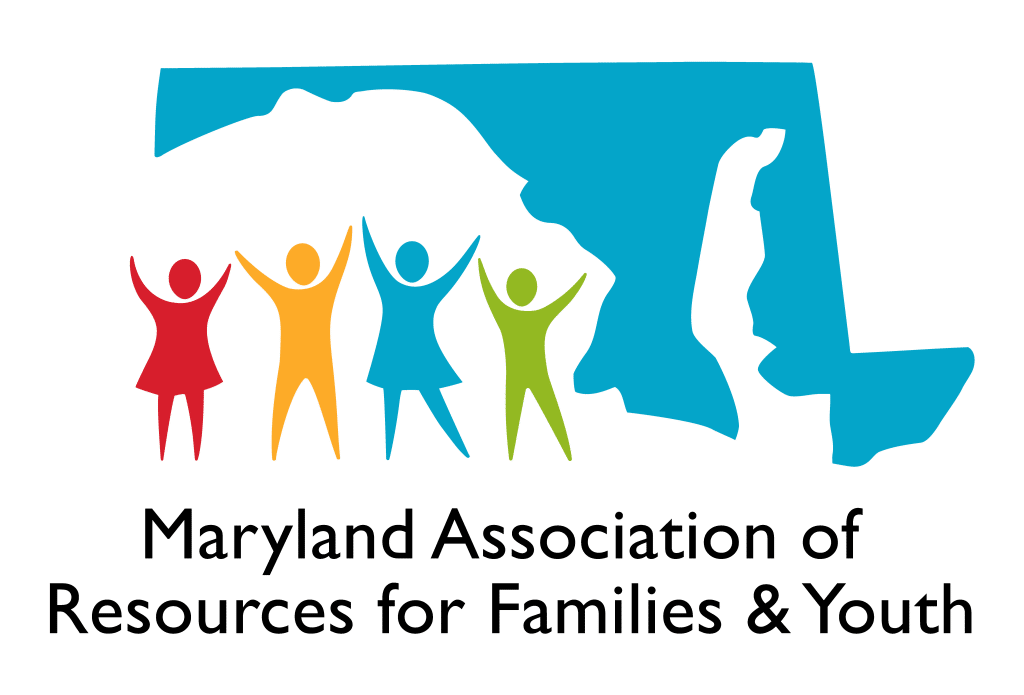 Having a sufficient number of board members to fulfill the board’s responsibilities, foster a viable organization, get through the federal approval process, and attract funding from foundations is important.
Having a sufficient number of board members to fulfill the board’s responsibilities, foster a viable organization, get through the federal approval process, and attract funding from foundations is important.
Nationally, the average board has 17 members. Maryland Nonprofits’ Standards for Excellence® code recommends that boards have at least 5 independent members and states that 7 independent members are preferable.
A small board can create several problems:
- There may not be enough people on a small board to complete all of the work.
- Important decisions may end up being made by a very small group. For example, in a board of 5 people, where the quorum may likely be set at three persons, a majority vote could occur with only two of the three attendees present.
- Small boards lack credibility in the eyes of funders, regulatory authorities, and other third parties.
- Small boards draw the attention of regulatory authorities, including the IRS. Applications for exemption (1023 applications used to obtain an organization’s 501(c)3 status) have been returned to the applicant by examining agents when it was determined that the organization did not have enough board members (usually when the applicant had fewer than five board members or just over five board members but some of the board members were related).
- Addressing conflicts of interest that may arise is much more difficult on a small board.
- A small board makes it difficult to attain the diversity that allows the board to be inclusive of the community that the organization represents.
On the other hand, an over-sized board can also create problems. Research shows that a large number of board members (25 or more) can lead to lower attendance, and lower levels of engagement since some board members assume others are carrying the load. However, neither state nor federal statutes state a maximum number of board members a nonprofit board may have.
Para acceder a nuestros recursos como ejemplos de estatutos, descripciones de trabajo de los miembros de la junta directiva, políticas de la junta directiva, formularios comunes para miembros de la junta directiva, orientación de la junta directiva y otros recursos. y otros recursos, ¡únase a Maryland Nonprofits hoy mismo!
Desde el Estándares para la Excelencia®: Código ético y de rendición de cuentas para el sector no lucrativo. El código de las Normas de Excelenciadesarrollado por el Standards for Excellence Institute, incluye puntos de referencia y medidas específicas que proporcionan un enfoque estructurado para crear capacidad, responsabilidad y sostenibilidad en su organización sin ánimo de lucro. El código identifica 6 áreas principales de gobierno y gestión de las organizaciones sin ánimo de lucro: Misión, Estrategia y Evaluación; Liderazgo: Consejo, personal y voluntarios; Cumplimiento legal y ética; Finanzas y operaciones; Desarrollo de recursos y recaudación de fondos; y Concienciación pública, compromiso y responsabilidad.
y
El Instituto Standards for Excellence®, un programa de Maryland Nonprofits, proporciona los mejores recursos posibles a las organizaciones sin ánimo de lucro de todo el país, ayudándolas a desarrollar su capacidad para satisfacer de forma eficaz y eficiente las necesidades de sus comunidades. Los miembros de Maryland Nonprofits tienen acceso a una comunidad en línea con una amplia biblioteca de recursos y plantillas personalizables. La afiliación a Maryland Nonprofits está diseñada para ayudarle a recaudar más dinero, desarrollar su junta directiva, establecer relaciones, aprender, ahorrar en las cosas que necesita para dirigir su organización y amplificar su voz en Annapolis. Únase hoy mismo.





